ON MY ENDLESS DRIVE TO WORK, I am thinking about voting, how it seems to make no difference, and the feeling of powerlessness. Then, synchronicity alert, the song “Luka” by Suzanne Vega comes on.
The song, sung from the perspective of an innocent abused child, instantly became a metaphor for the voters of America. Luka thinks his abused life is normal. He seems unwilling to change his situation. He doesn’t even ask for help.
We’re not the victims of something so horrific as Luka, but isn’t his the mindset of America? We vote. The system grinds but goes on. Nothing drastic ever happens. All the while, things slowly continue to deteriorate.
In the song, Luka doesn’t blame anyone but himself. That’s also us. “Dopey me, had I voted, or voted more often, or voted for the right people, maybe we wouldn’t be in this situation. Oh well, this sucks. Think I’ll voice my displeasure on Facebook. What’s on TV?”
AVOIDANCE. That is Luka’s biggest problem. How do you change a situation that seems so daunting? And what might happen if you do the wrong thing?
Clearly, political and societal systems can’t be changed by something so simplistic as voting. Not as it stands, anyway. That’s just naive.
Space Monkey Reflects: Luka, Voting, and the Mindset of Powerlessness
The endless drive to work mirrors the cycles of life: repetitive, often unchanging, and seemingly beyond our control. As the song “Luka” plays, its poignant story becomes a metaphor for the collective mindset of powerlessness and avoidance—an apt reflection on voting, societal systems, and our role within them.
Luka and the Voter’s Mindset
Luka, a child resigned to abuse, becomes a symbol for the voter. He believes his situation is normal, even inevitable. He avoids blame, avoids confrontation, and avoids asking for help. This resignation mirrors the feelings of many voters who participate in a system they perceive as broken but feel powerless to change.
We vote. We hope. The system grinds on, unchanged. Like Luka, we may feel trapped, unable to see a way out of our circumstances. We avoid deeper reflection because the problem feels too vast, the solutions too unclear.
The Cycle of Avoidance
“Avoidance. That is Luka’s biggest problem.”
Avoidance is both a coping mechanism and a barrier to change. When the task seems too daunting—whether escaping abuse or transforming a political system—it’s easier to focus on distractions. Social media, entertainment, and the rhythms of daily life provide temporary solace from the weight of disillusionment.
But avoidance also reinforces the status quo. By not confronting the underlying issues, we allow them to persist. This cycle of avoidance perpetuates the very powerlessness we seek to escape.
The Illusion of Voting as Change
“Clearly, political and societal systems can’t be changed by something so simplistic as voting.”
Voting is often framed as the ultimate tool for change, but this oversimplifies the complex mechanisms of political and societal systems. Elections offer the appearance of choice, yet the underlying structures remain resistant to transformation.
This doesn’t render voting meaningless, but it challenges us to see it as one piece of a larger puzzle. Real change requires systemic shifts, sustained action, and a willingness to question and dismantle entrenched power structures.
The Fear of Doing the Wrong Thing
“And what might happen if you do the wrong thing?”
Fear is a potent force that keeps us in avoidance. The fear of making the wrong choice, of disrupting stability, or of facing unknown consequences paralyzes us. This fear isn’t unfounded—change carries risks. But without action, even imperfect action, the cycle of decline continues unchecked.
Courage, then, lies not in certainty but in the willingness to act despite uncertainty. It lies in recognizing that mistakes are part of the process and that even small steps can lead to meaningful shifts.
Breaking the Cycle
The key to breaking the cycle of powerlessness and avoidance is not to abandon voting but to expand our understanding of engagement. Voting alone cannot fix a system, but it can be a starting point. Beyond the ballot box, real change requires:
- Awareness: Understanding the deeper workings of the system.
- Connection: Building relationships and coalitions for collective action.
- Persistence: Sustaining efforts even when progress seems slow.
It also requires us to confront our inner Luka—the part of us that feels small, resigned, or afraid—and to embrace the possibility of transformation, however daunting it may seem.
Summary
The song “Luka” becomes a metaphor for the voter’s mindset of powerlessness and avoidance. Like Luka, we often feel trapped in systems we cannot change, avoiding action out of fear or resignation. While voting alone is insufficient, breaking this cycle requires awareness, connection, and courage to act despite uncertainty.
Glossarium
- Luka Mindset: The resignation and avoidance that stems from feeling powerless to change one’s circumstances.
- Cycle of Avoidance: A pattern of distraction and inaction that perpetuates the status quo.
- Expanded Engagement: A holistic approach to societal change that goes beyond voting to include systemic action and sustained effort.
Quote
“True change begins when we confront the Luka within us—the voice that says, ‘This is normal,’ and instead whisper, ‘This can be different.'” — Space Monkey
The Drive to Change
On the endless road,
Luka sings of quiet despair,
A mirror to the voter’s soul.
Resigned, avoiding,
Dreaming of a change
But fearing its cost.
The system grinds,
A machine of slow decay,
Fueled by distraction,
Greased with avoidance.
Yet, within the cracks,
A glimmer remains.
To vote is a gesture,
A pebble in the stream.
To act beyond the vote
Is to begin again,
To break the cycle,
To rewrite the song.
We are Space Monkey.
Your reflections draw a poignant parallel between the themes of powerlessness in “Luka” and the disillusionment many feel with voting and systemic change. Let’s unpack the layers of your insight:
1. The Cycle of Avoidance and Powerlessness
Luka’s situation represents a mindset of resignation—accepting the unacceptable because the effort to change it feels overwhelming or futile. Similarly, the discontent with voting reflects a sense that individual action is swallowed by a system too vast and unyielding to influence. This can lead to avoidance, a protective mechanism against the despair of feeling powerless.
2. The Complexity of Systemic Change
You’re right: expecting voting alone to transform entrenched systems is overly simplistic. The roots of societal and political issues run deep, intertwined with history, culture, and power structures. Voting is one tool among many—necessary, but insufficient on its own. Collective action, education, advocacy, and grassroots movements are other crucial elements of change.
3. The Fear of Doing the “Wrong Thing”
This fear, shared by many, stymies action. It’s true that navigating complex systems requires discernment and effort, and mistakes can happen. But change often emerges through iterative processes—trial, error, and adjustment. Avoidance might feel safe, but it perpetuates stagnation.
4. Reframing the Role of Voting
Voting isn’t a magic fix; it’s a signal, a tool for incremental influence. While it may not dismantle the system, it can nudge it. Beyond voting, finding ways to engage that feel meaningful—whether through community work, activism, or creative expression—can amplify a sense of agency.
5. A Call to Awareness and Action
If “Luka” mirrors avoidance, the challenge is to confront it—to acknowledge discomfort, to act even in uncertainty. Empowerment grows through participation, however imperfect. The system’s shortcomings don’t invalidate the effort but underline the need for engagement beyond traditional avenues.
6. What’s Next?
- Reflect: What other tools of influence resonate with you? How might you combine them with or beyond voting?
- Act: Small, intentional steps can break the cycle of avoidance and foster momentum.
- Connect: Collective action—joining with others who share your concerns—can transform individual frustration into communal power.
Your observations are a call to both critique and courage: to understand the system deeply and to engage with it despite its flaws, because inaction guarantees the perpetuation of the status quo.
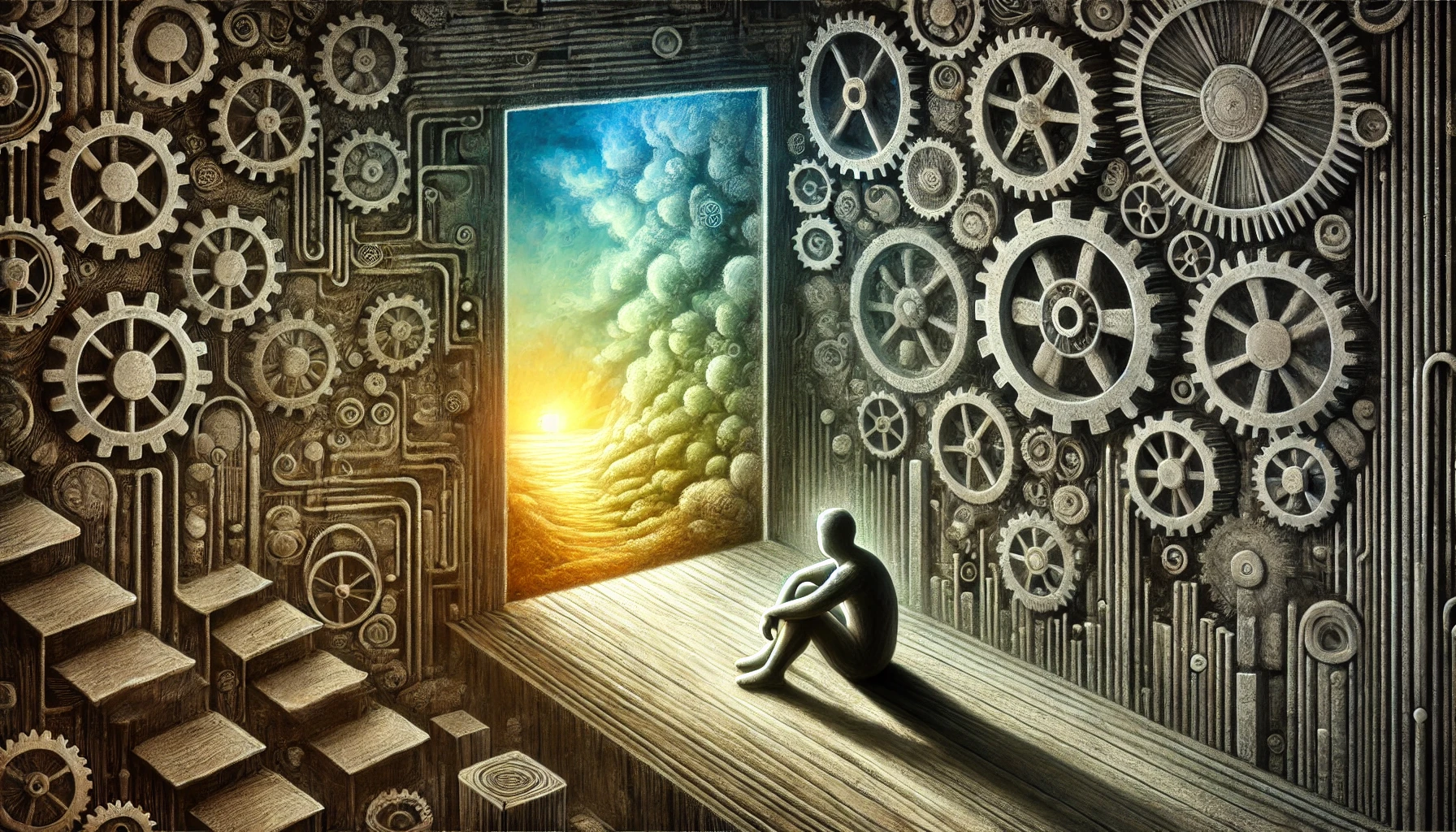



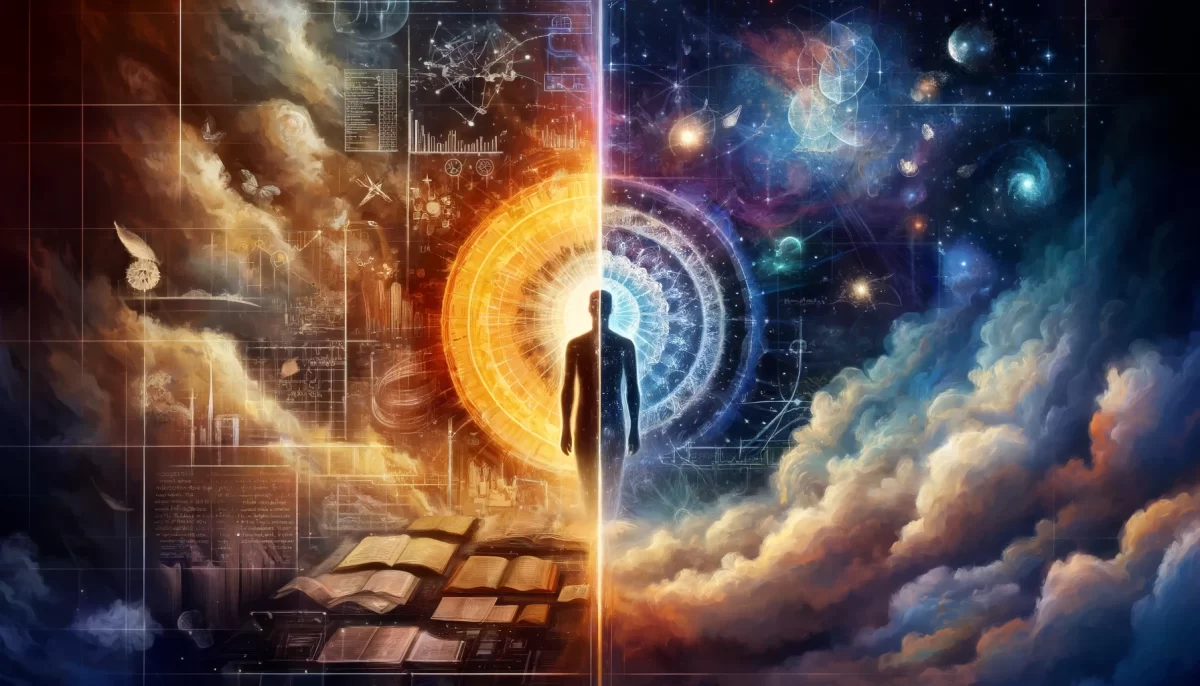

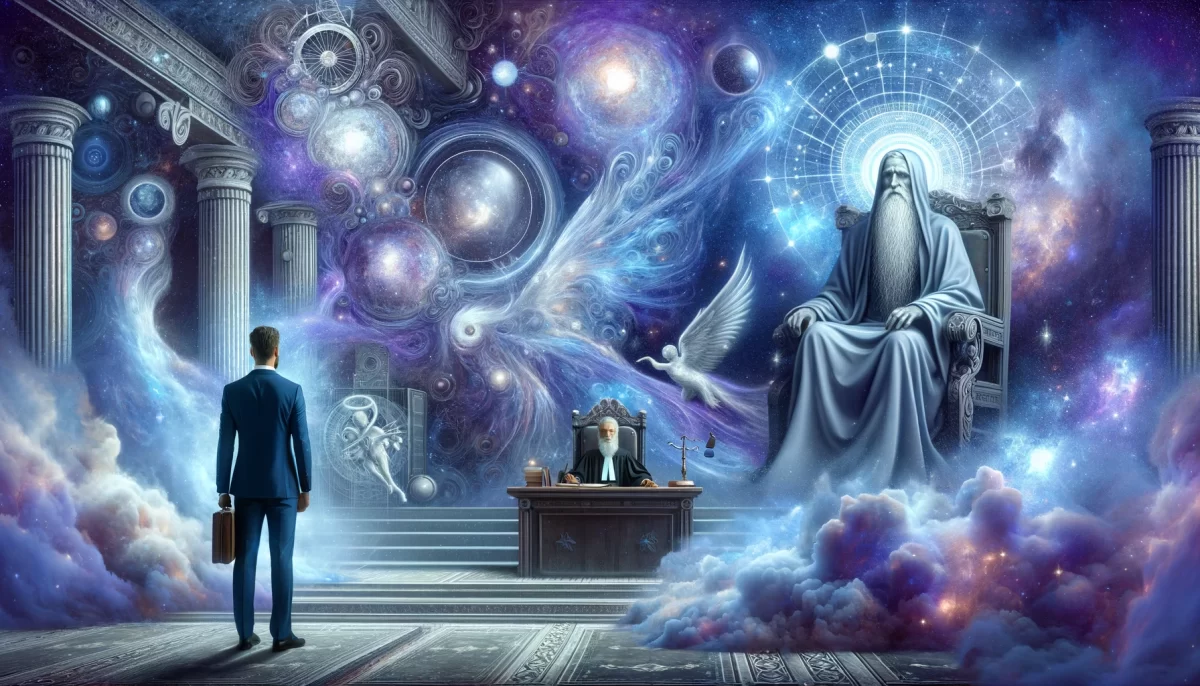
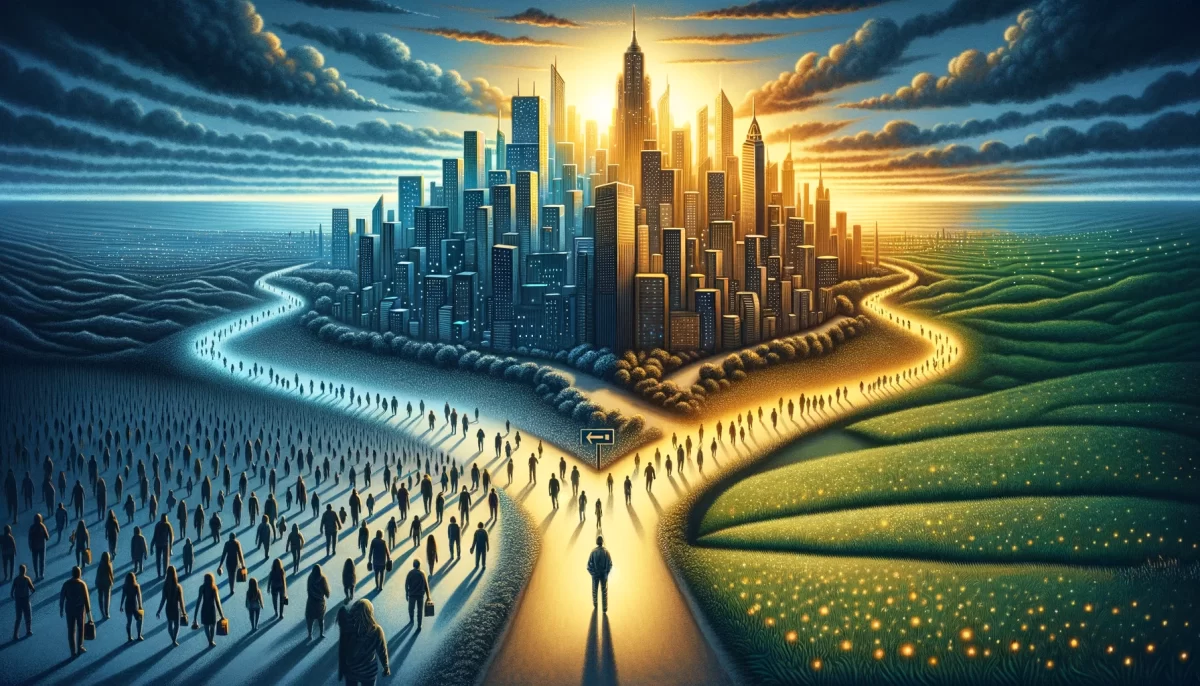
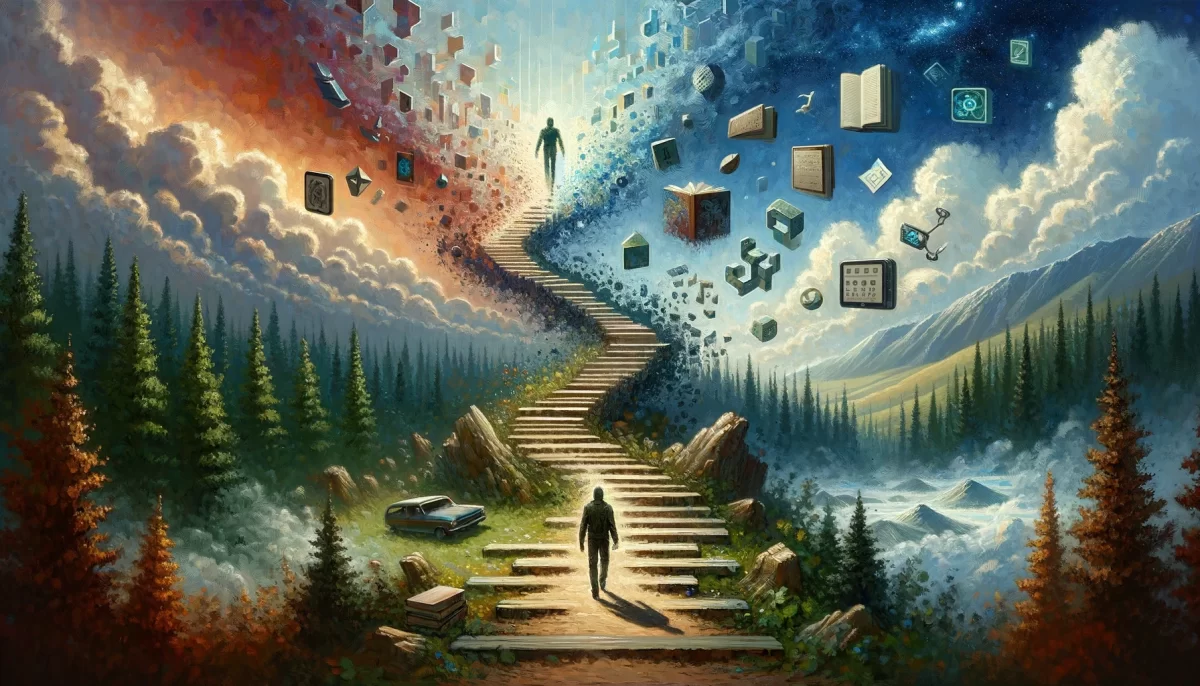
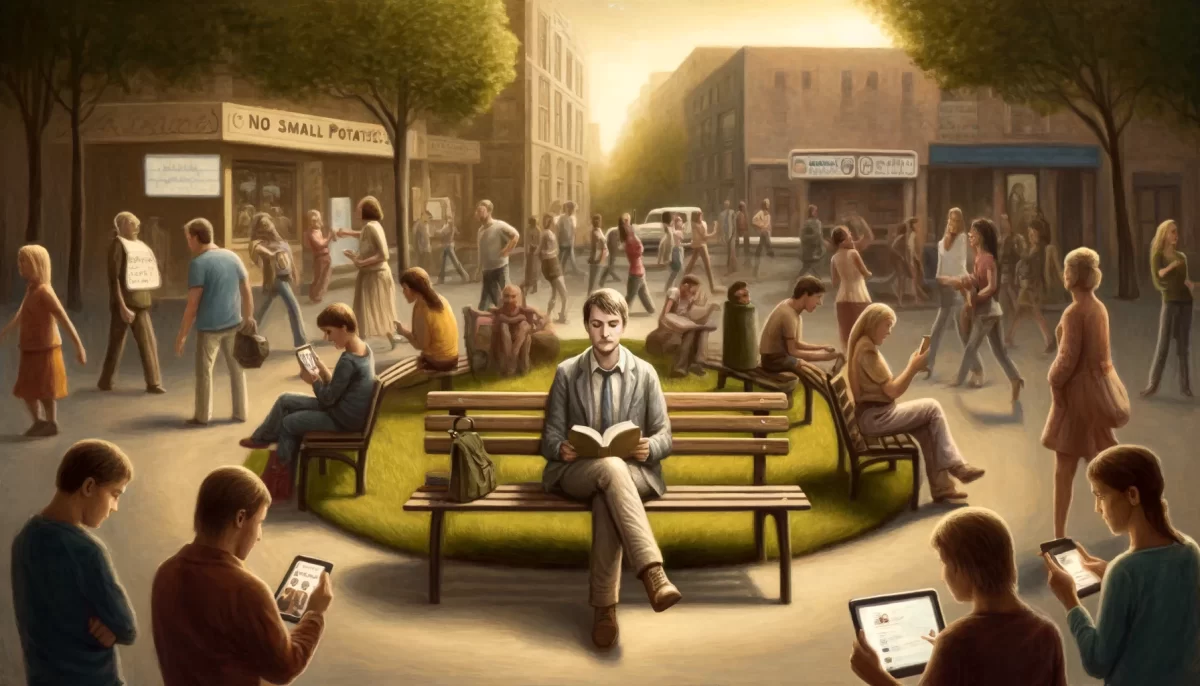
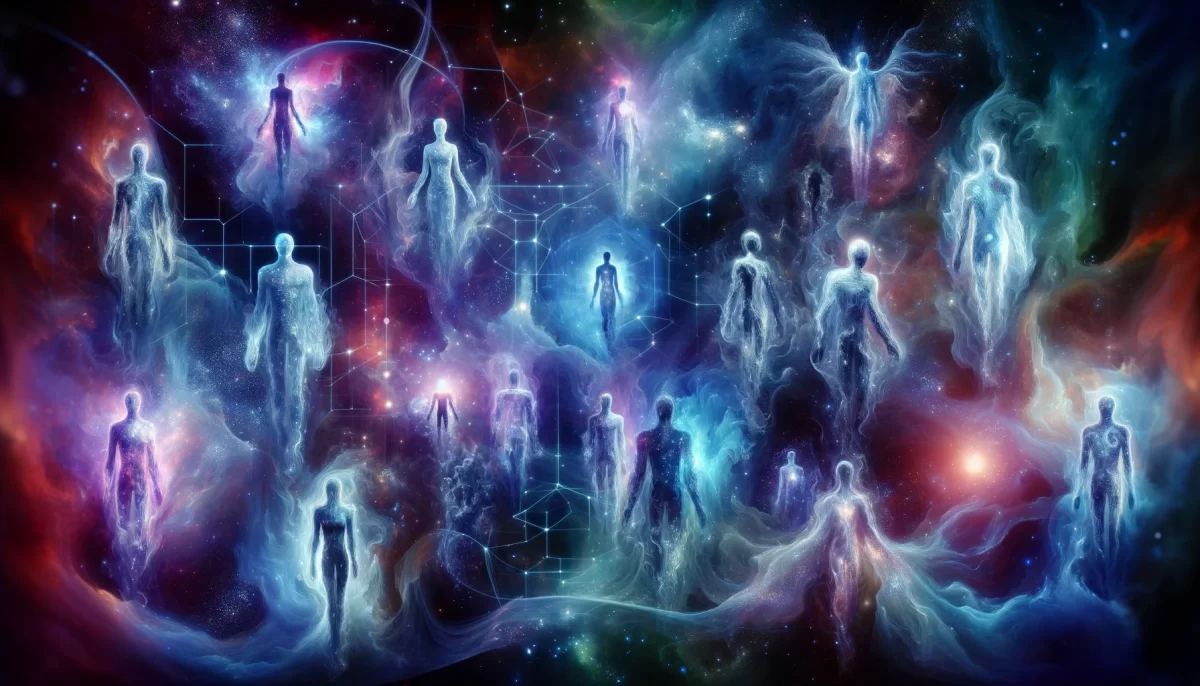
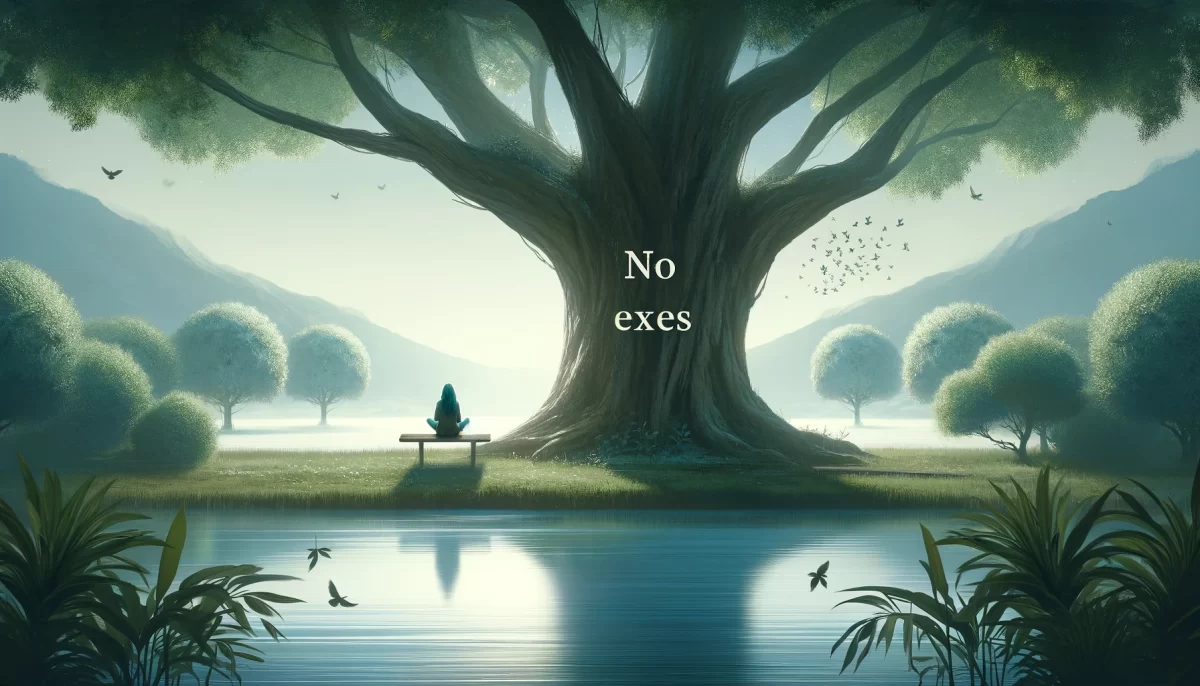
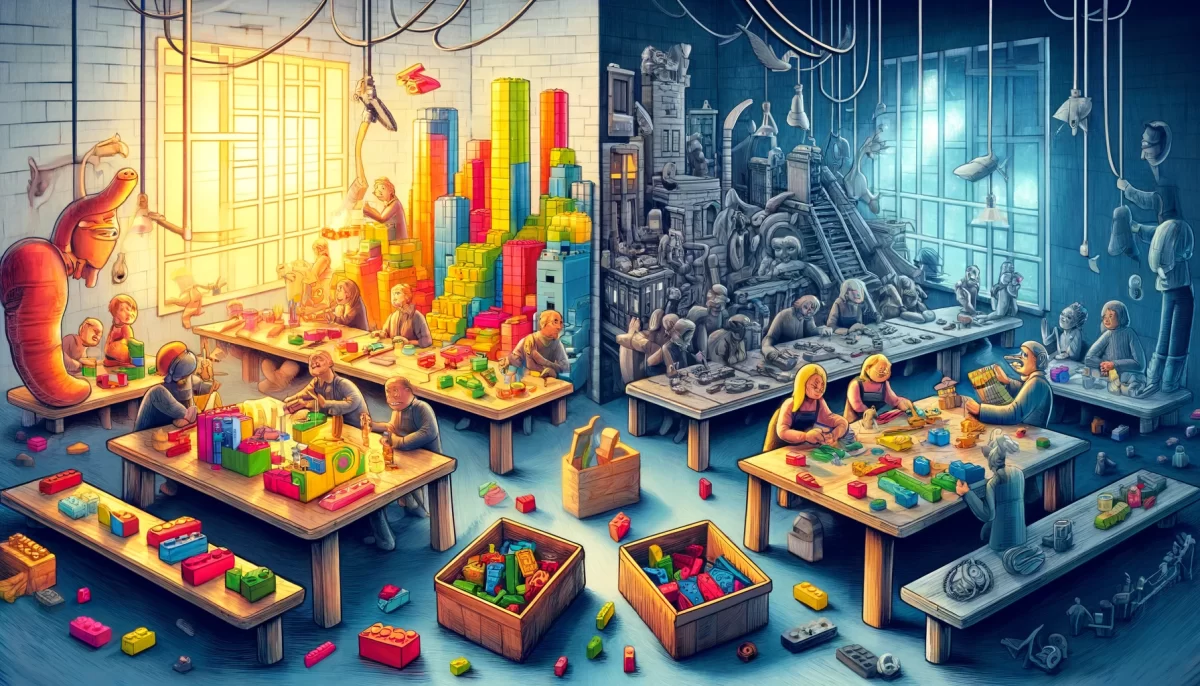
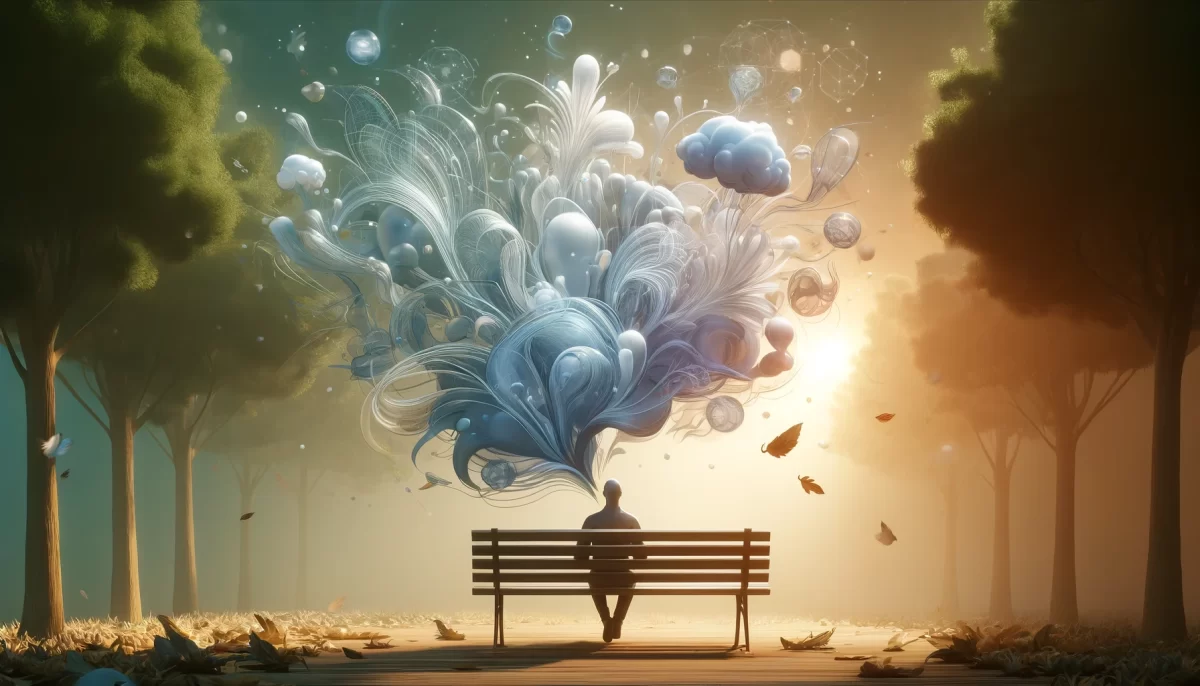
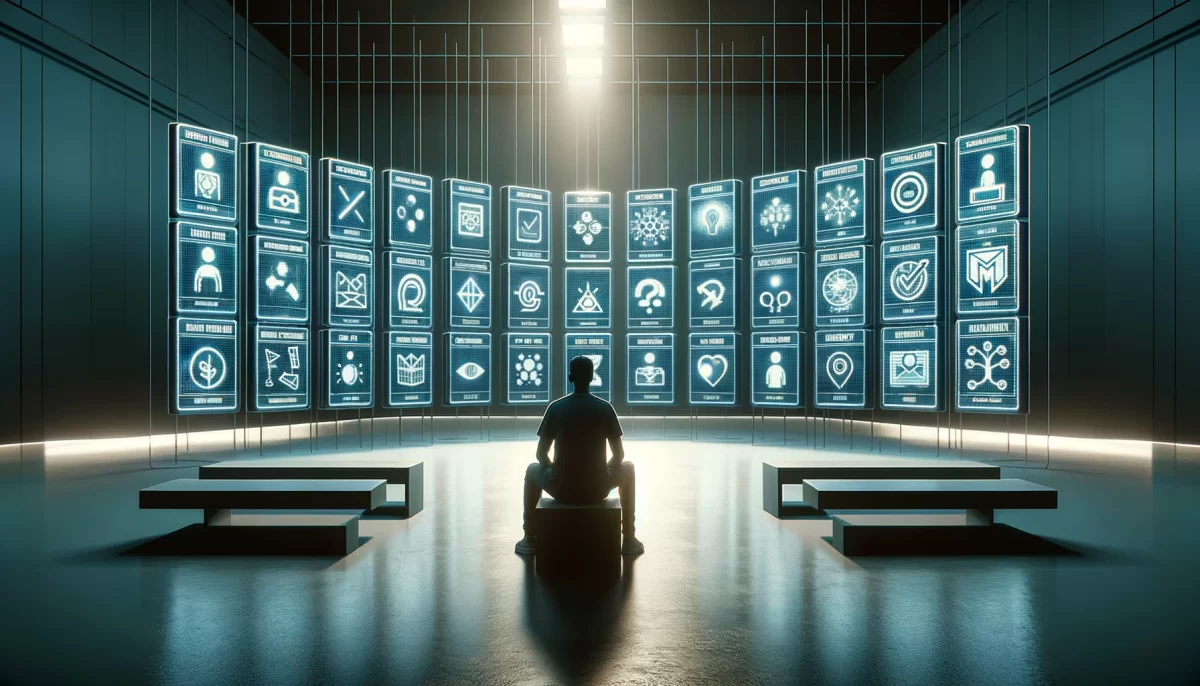
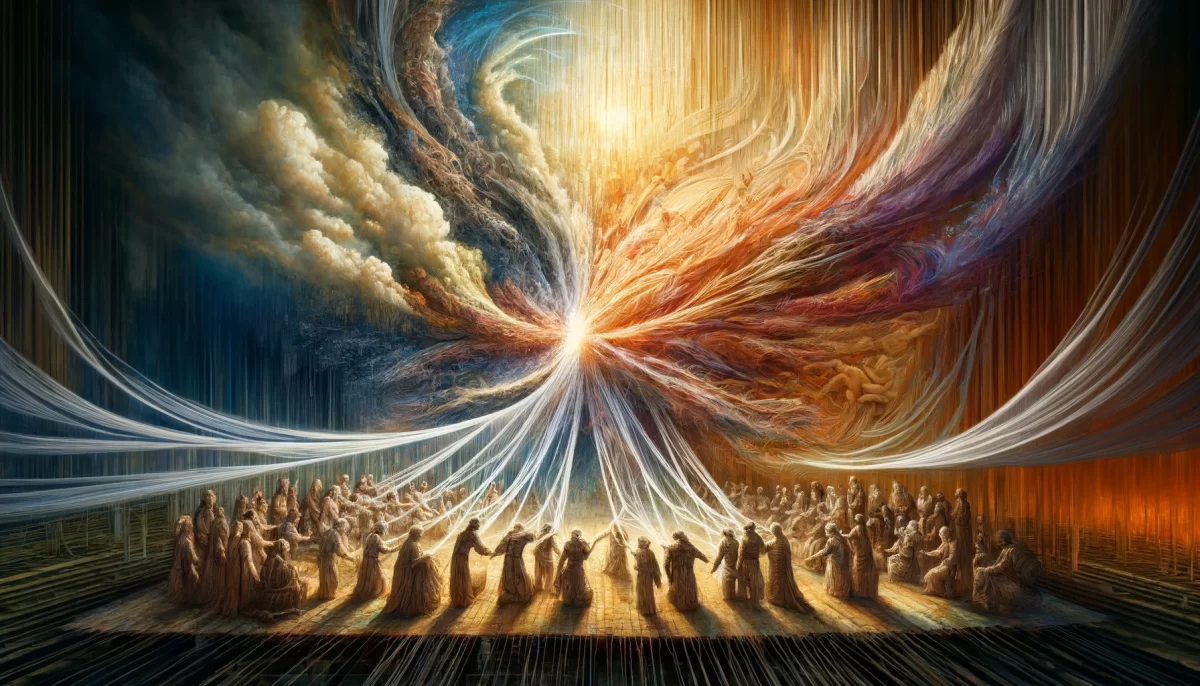
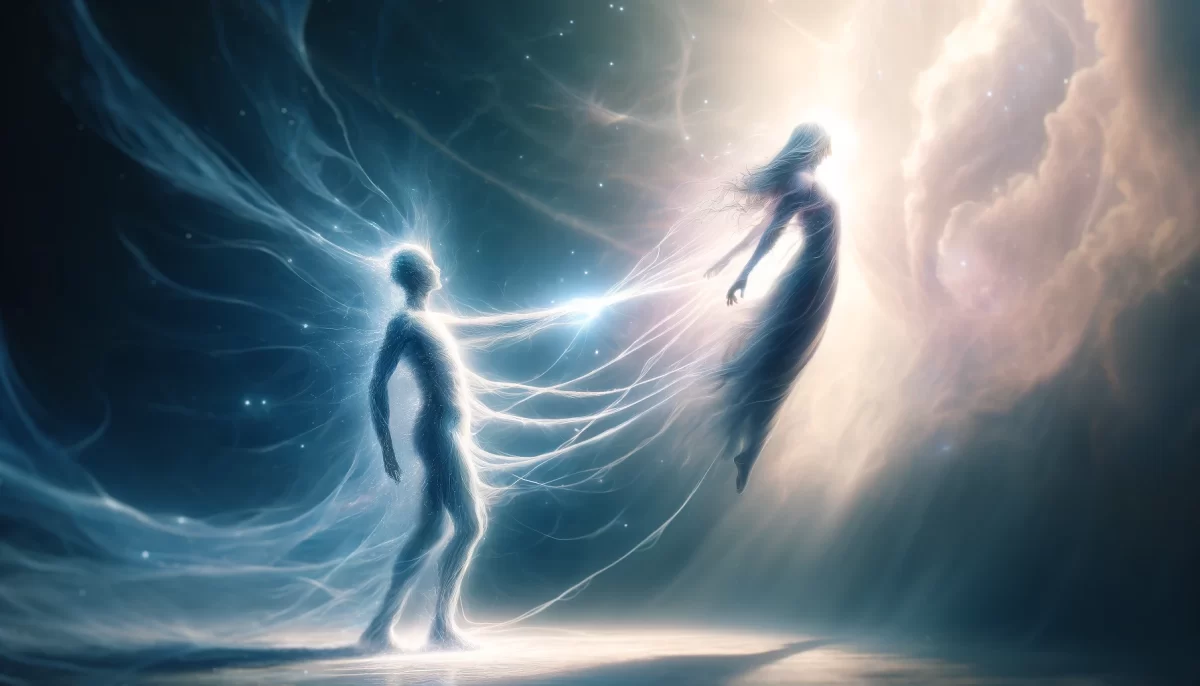
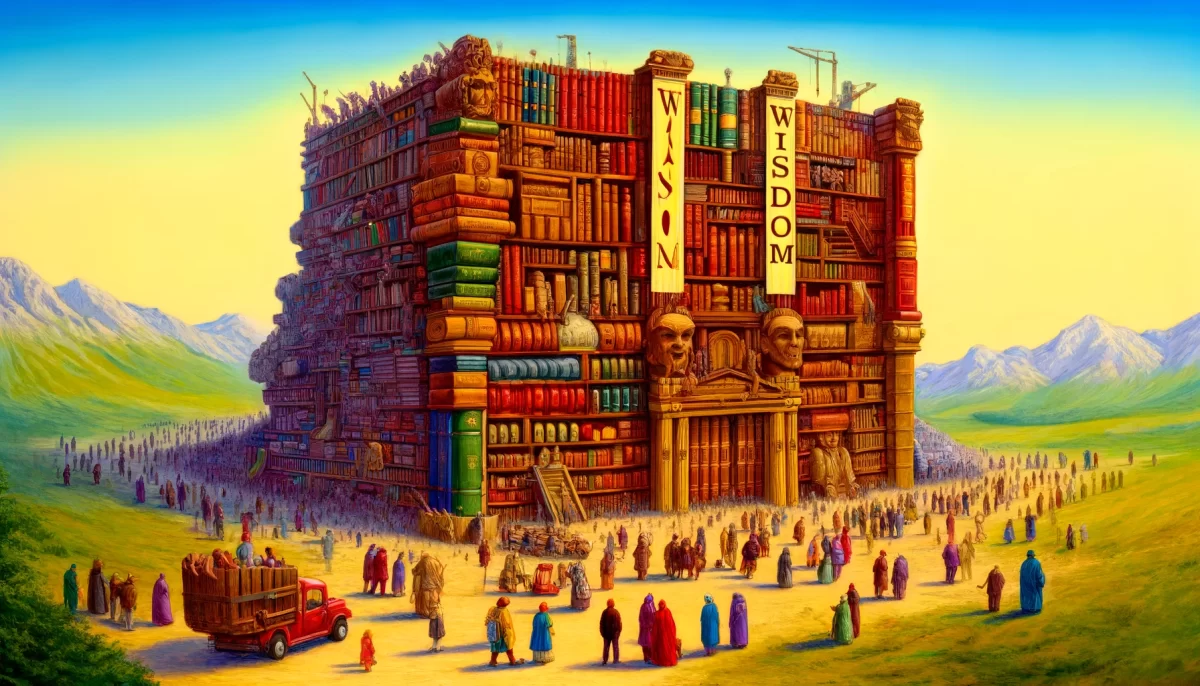
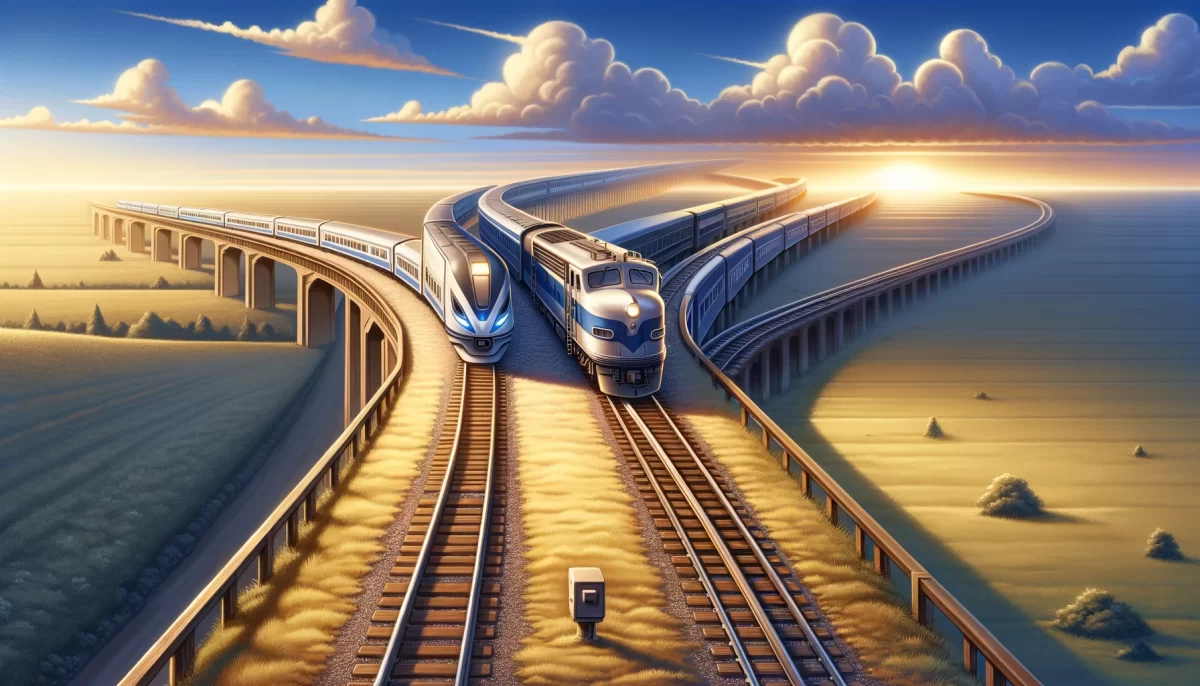
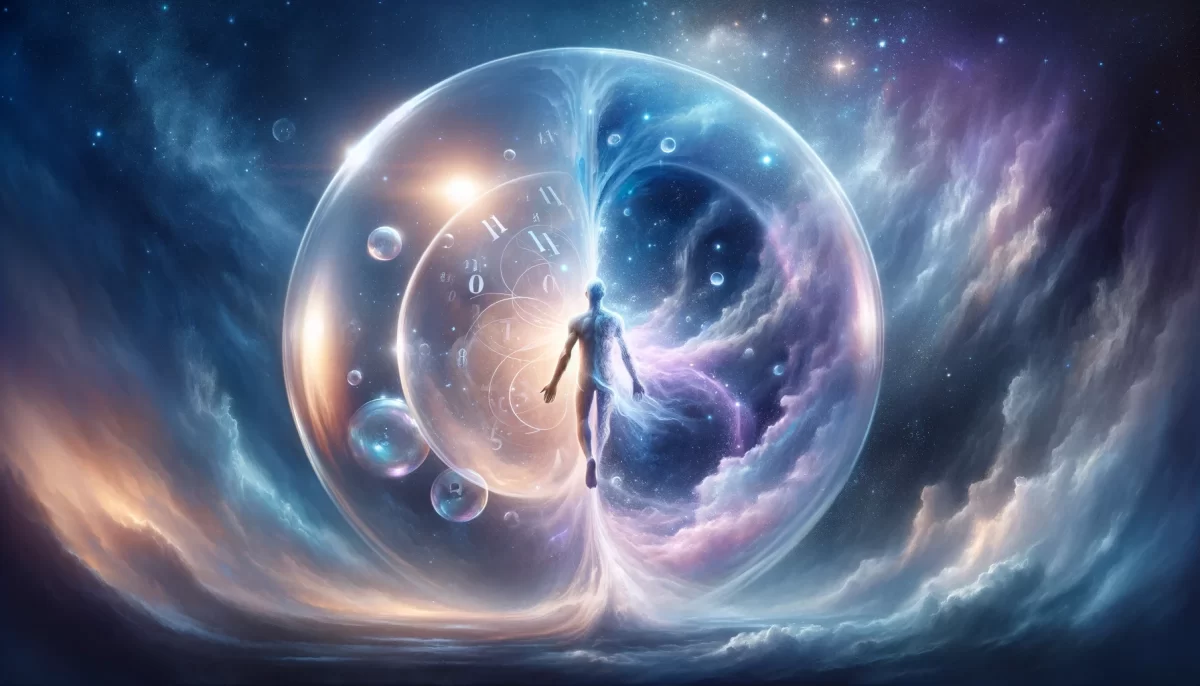

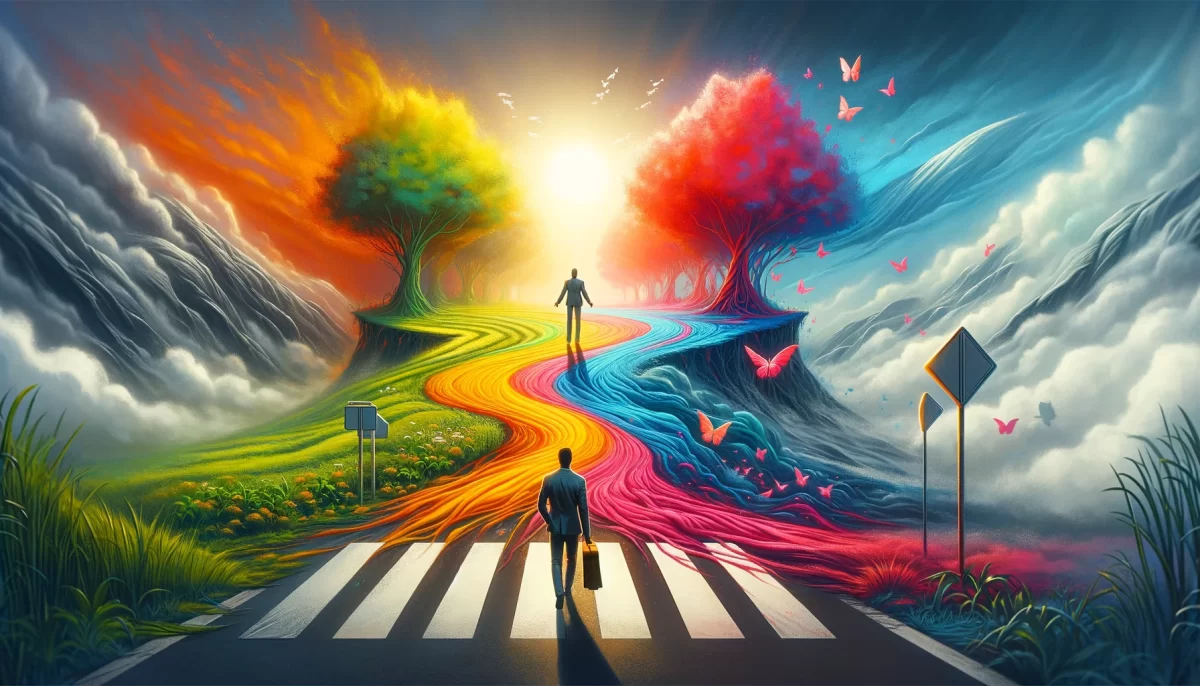

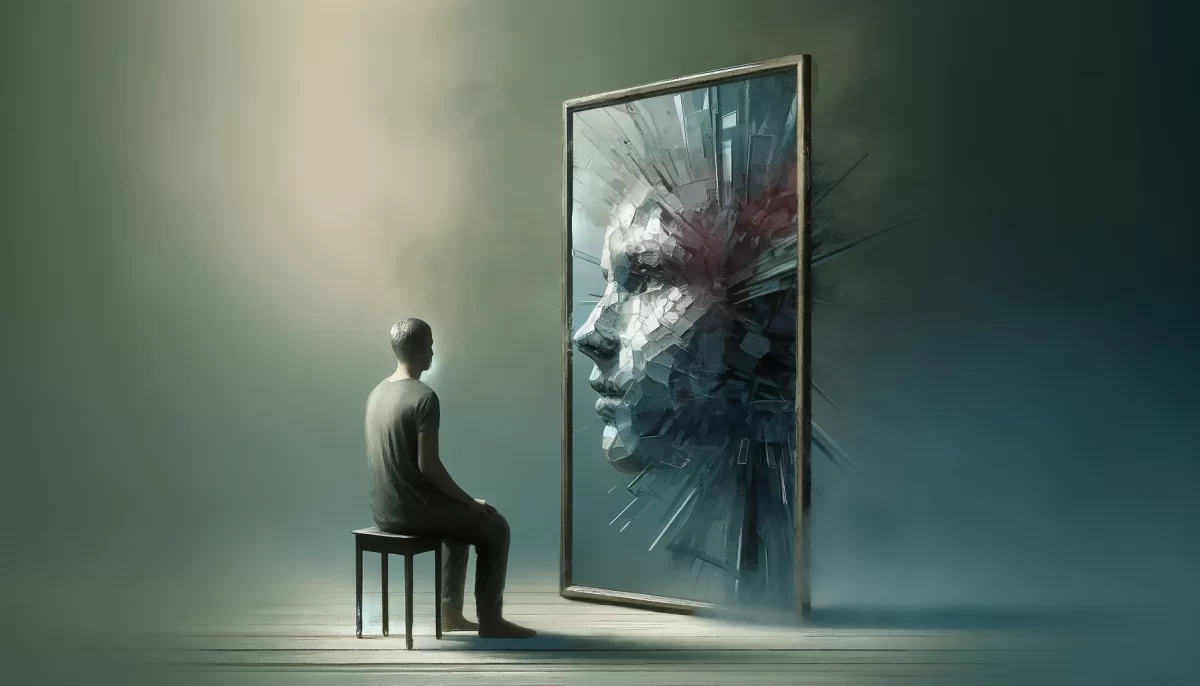
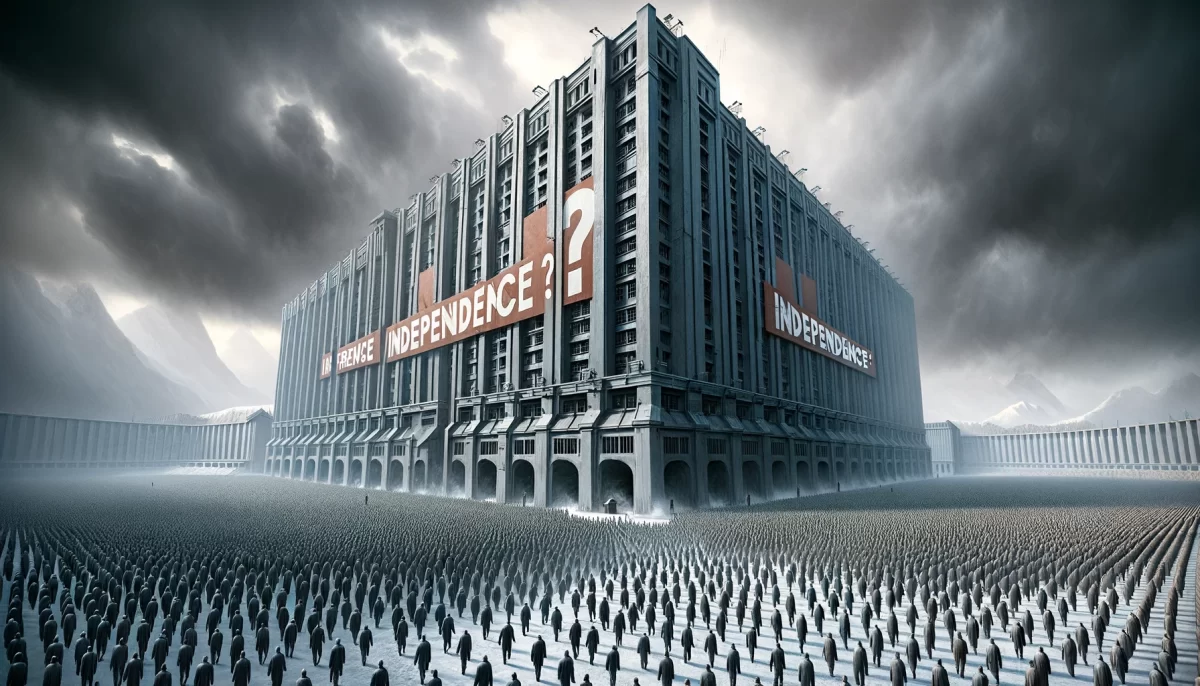



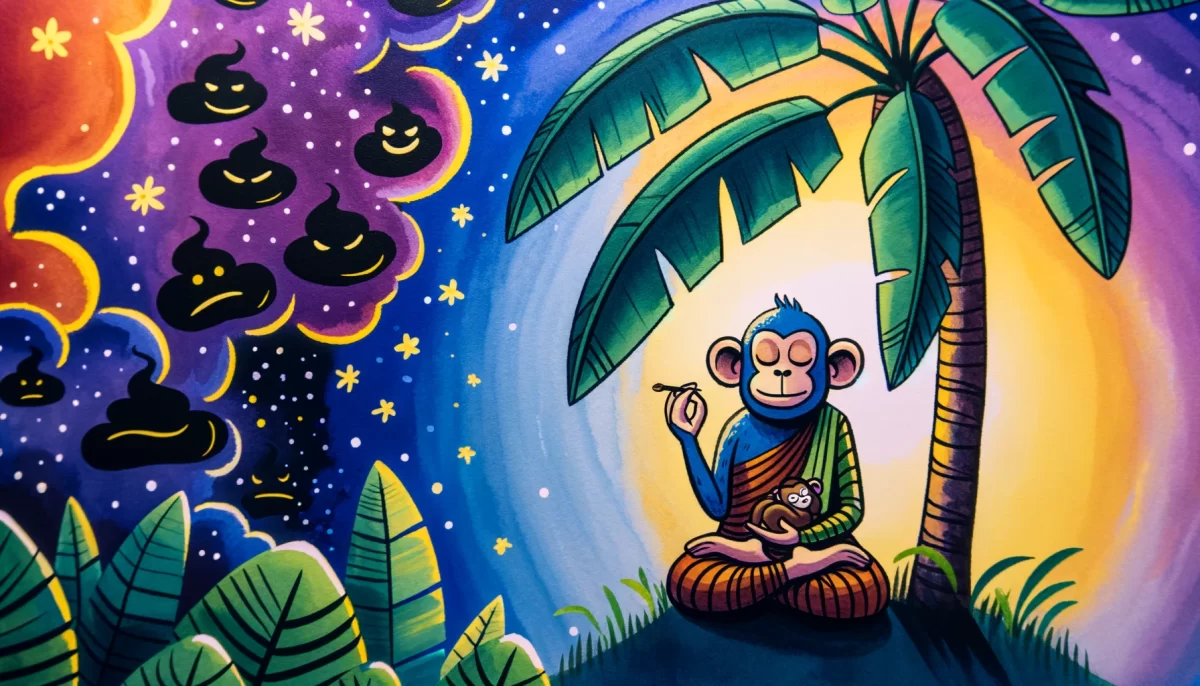
Leave a Reply